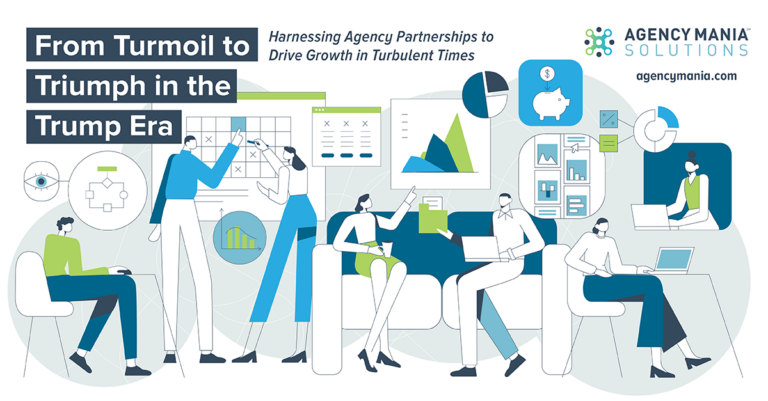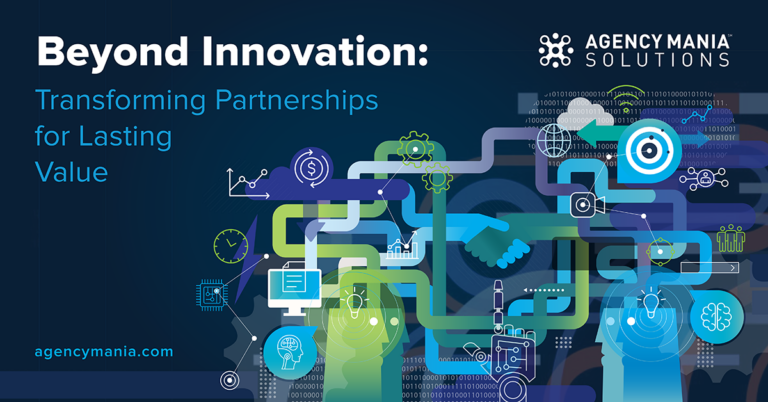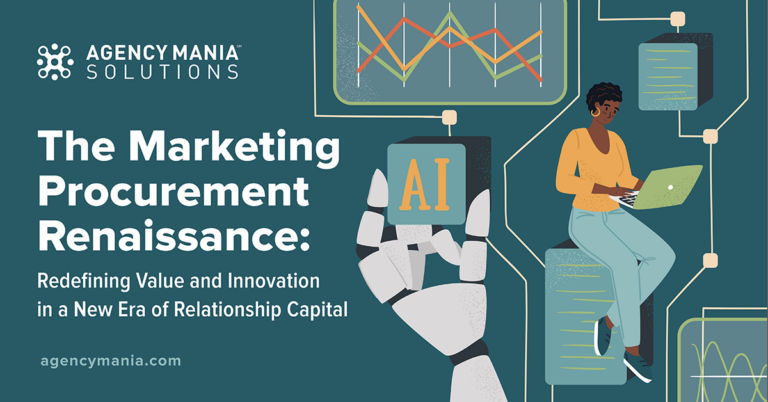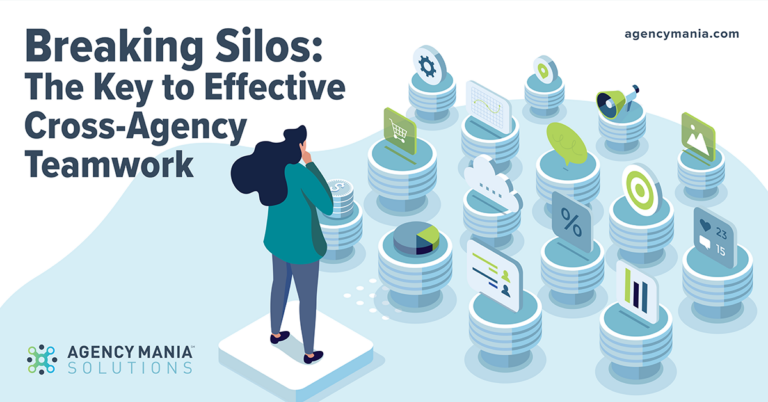Download a print-friendly version here
How to Swim Through Highly Effective Agency QBRs Without Drowning
Anyone on the client or the agency side will remember their first QBR (Quarterly Business Review). Unless you are adequately prepared, it feels a bit like getting ready to jump in a pool without knowing how deep the water is or how high the diving board. No need to panic. Quarterly Business Reviews are now fairly common practice among brand advertisers. Given the strategic importance of the work performed by agencies, advertisers have a vested interest in meeting on a quarterly basis to review how the work is performing, discuss resources, and make decisions that will impact the remaining fiscal calendar. Whether you represent the client or the agency, you need to make sure the QBR is run effectively and results in a mutually positive outcome. Here are a few steps to consider:
1) Establish a predictable schedule to avoid fire drills and to make
effective use of time
2) Provide adequate structure to cover all relevant topics
3) Make sure that the right representatives on both sides will attend
4) Ensure you dedicate enough time for discussion, Q&A, and
action planning
5) Request or distribute reports and pre-reading well ahead of the QBR
6) Start every QBR by reviewing progress against action plans agreed to in the prior quarter
Now, let’s expand on these steps:
Establish a predictable schedule to avoid fire drills and to make effective use of time.
Process rigor is critical, because there is a considerable amount of time and effort required to conduct a quality agency QBR. Having a firm date and time that is unlikely to be rescheduled by the client or agency stakeholders ensures that these meetings happen at the optimal time to be effective.
Provide adequate structure to cover all relevant topics.
During QBRs, client teams and their agencies are coming together at the pre-set time to step back from the daily work and to reflect on how the work is progressing against stated objectives. Key agenda topics include reviewing the financials to ensure those are on par with expectations, and identifying opportunities for improvement in the working relationship that can be acted upon in the following quarter. To accomplish this, a detailed and rigorous agenda is required. A typical agenda might look like this:
– Business update and work review (progress against objectives and agreed scope, review of assets / deliverables produced, etc.)
– Staffing update (staff changes, new hires, feedback)
– Financial review (reconciliation of retainers, out of pocket, and other expenses)
– Agency recommendations (based on competitive trends, innovative ideas, and current campaign metrics)
– Progress update against prior QBR commitments
Make sure that the right representatives on both sides are attending.
It may sound obvious, yet too many agency QBRs are held without the right client or agency stakeholders in attendance, seriously compromising the value of these meetings. Agency QBRs are the ideal venues to assess the work, prioritize resources, course-correct where needed, and make important decisions. These decisions must be made by those with the right level of seniority to see them through. Compromises or tradeoffs may be required, and decisions made may have significant business and financial impact. Not having the right decision makers in attendance is simply wasteful.
Ensure you dedicate enough time for discussion, Q&A, and action planning.
No matter how rigorous and comprehensive the agenda, significant value from these meetings is often gained from discussions that may not naturally fall into one of the regular topic areas. By dedicating ample time for open dialog, participants can address immediate opportunities or concerns, and agree on what actions must be taken.
Request or distribute reports and pre-reading well ahead of the QBR.
To make effective use of the time, it’s preferable to have the client teams read the various reports prepared by the agencies in advance of the meeting to facilitate these discussions. For example, the agency might send a reconciliation report of actuals vs. budget on scope activities, a retainer and FTE utilization, as well as other financial reports. If the reports show the agency is burning resources at a higher rate than anticipated, then some type of corrective action must take place. Often this leads to a deep dive conversation about the rationale behind this anomaly, and can result in scope reduction, budget increase, or resource reallocation. The meeting should be spent exploring these scenarios and recommendations, and not on spotting these issues in the first place. When these reports are sent on a pre-established schedule, the client teams can conduct their pre-read and come prepared to make good decisions.
Start every QBR by reviewing progress against action plans agreed to in the prior quarter.
Since QBRs happen on a regular basis, each meeting is an opportunity for both teams to hold each other accountable for delivering against prior commitments. Once an action plan has been agreed upon for a particular quarter, the subsequent QBR must start with a review of the status of these commitments – how many have been successfully completed, are still work in progress, are on hold, or have been delayed and why. Starting the meeting with a short review of these action items and their status sets the right tone for a partnership that must be anchored in mutual accountability.
Agency QBRs must be part of the rhythm of the business so they flow naturally in support of the larger set of objectives a brand advertiser has set for the company. QBRs are an essential part of the agency management governance construct. Without these productive discussions that sit outside of specific client/agency project engagements, the work and relationship is likely to suffer over time. It becomes a vital exercise of ongoing expectations setting and resetting as well as relationship fine tuning. Ready to take that jump? There’s no need to dread your agency QBR; disciplined preparation might be that lifejacket you are looking for.
Download a print-friendly version here








